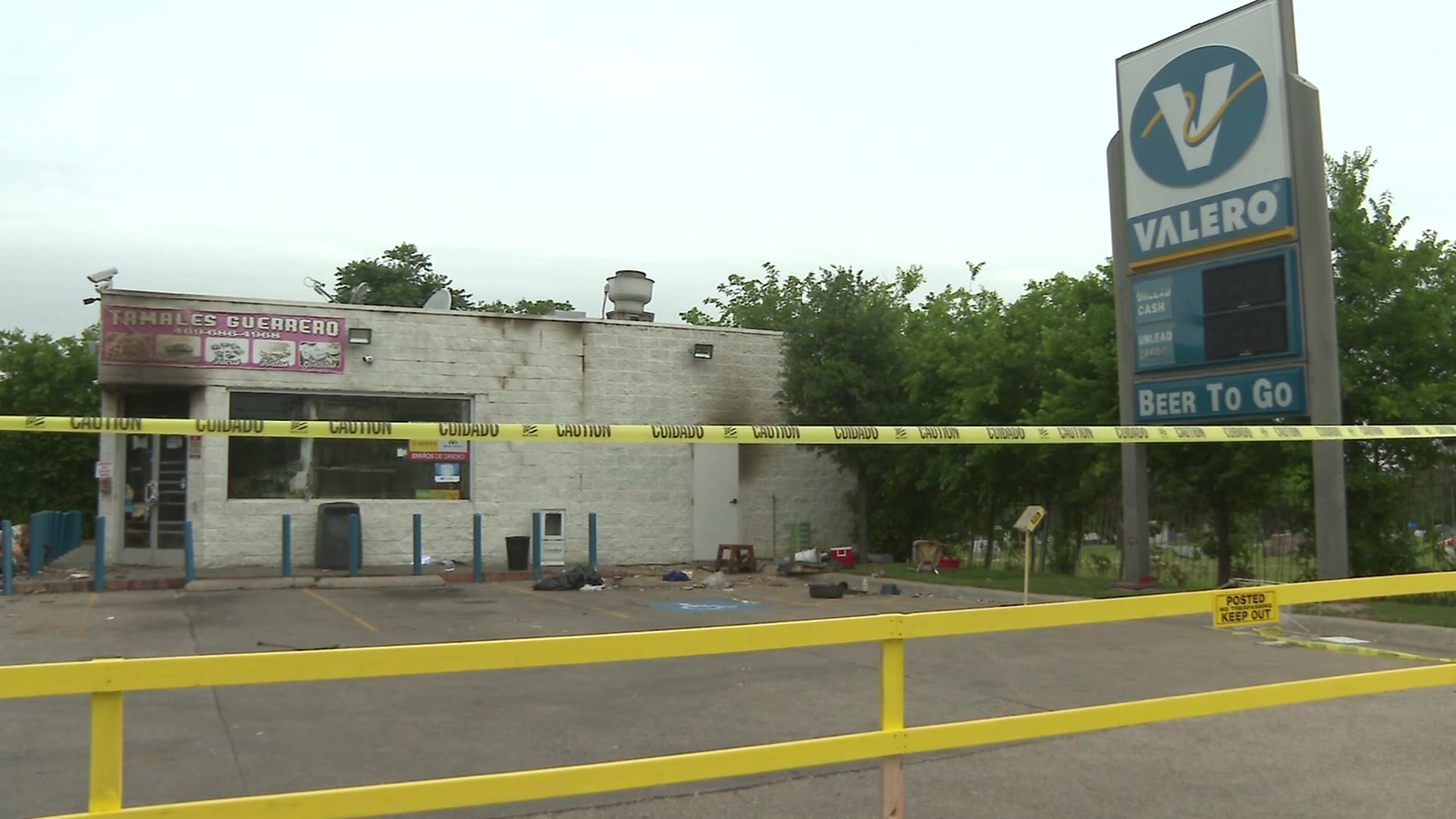Stronger civilian oversight for Dallas Police is moving forward with a plan endorsed this month by the weak existing board and public town hall meetings scheduled to start next month.
The reform plan gained momentum after the September deadly shooting of Botham Jean in his apartment by off duty officer Amber Guyger who has since been indicted for murder. But the plan was in the works for more than a year by a coalition of community groups working with the Dallas board.
Dallas Police Review Board Chairman Dr. Brian Williams is a physician who was appointed a year ago by Mayor Mike Rawlings and tasked with reform.
“We do not want this to be an adversarial relationship,” Williams said. “This is not anti-police. This is meant to be collaborative and we’re looking at what’s good for Dallas.”
The board currently has power to subpoena witness other than police officers to respond to citizen complaints about misconduct. But it has no budget or staff to pursue complaints.
“So that power exists but it is limited,” Williams said. “But this is not just about subpoena power. It’s about the whole civilian oversight process, which will allow us to develop safety and trust as civilians in the Dallas Police Department.”
Dallas Police Chief U. Renee Hall has said she supports expanded oversight. She came from Detroit where robust civilian oversight has been in place since 1974.
The Detroit Board of Police Commissioners (BOPC) is an 11 member panel of civilians, seven of them elected by citizens and four appointed by the Detroit Mayor.
The BOPC has power to subpoena witness, investigate misconduct, impose discipline and set police policy.
Local
The latest news from around North Texas.
Retired Detroit Police Chief Ike McKinnon served most of his career under civilian oversight.
“My thoughts have always been, let’s have someone who is outside the agency look at what is happening inside, and I think it’s working perfectly well here,” he said.
The former chief said he became Detroit Police officer in 1965 to make a difference after being beaten as a teenager by police.
“I was just this kid who was leaving junior school. So to me, this oversight adds a different layer. Even though there’s no camera, it’s seen through different eyes,” McKinnon said.
Terrance Hopkins is the President of the Black Police Association of Greater Dallas. Hopkins said he supports community involvement with the Police Department but questions civilians overseeing discipline.
“That’s ok if you’re not the authority, for you to be included, involved, to look at this. But to be the governing authority, you have to have the experience in something,” Hopkins said. “If I was a surgeon, I wouldn’t expect a civilian to know what a surgeon needs to do. So, how could you truly understand what I did to discipline me by it?”
The proposal endorsed by the Dallas Civilian Police Review Board last week is still a work in progress. It heads now to community town hall meetings for public input. The public meetings are expected to begin in mid-January but dates and locations have not been finalized. The Dallas City Council would review reforms next. Council Members have already said they support reform but have not specified details they would be willing to adopt. Some reforms could require changes in the City Charter which would require voter approval.
DV.load("https://www.documentcloud.org/documents/5634441-20181217182736243.js", { responsive: true, container: "#DV-viewer-5634441-20181217182736243" }); 20181217182736243 (PDF)20181217182736243 (Text)



